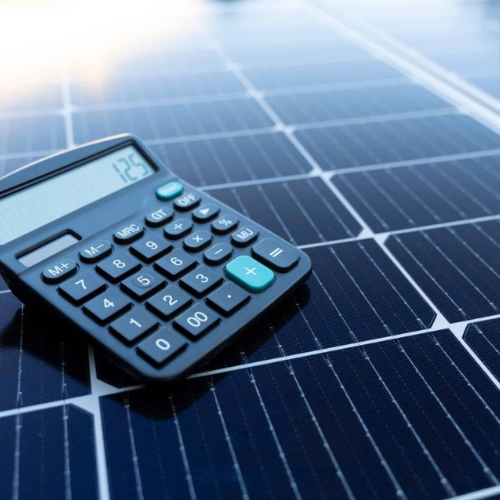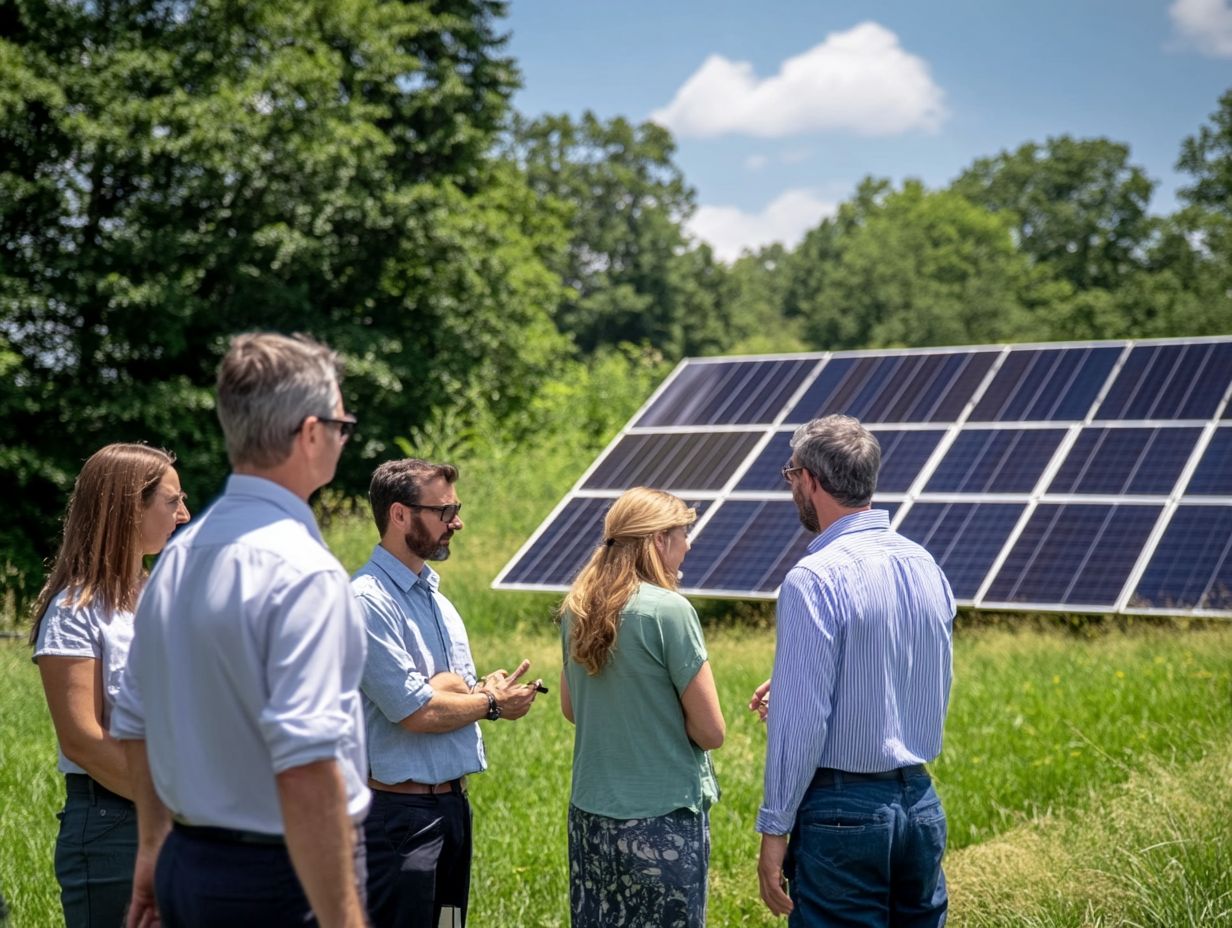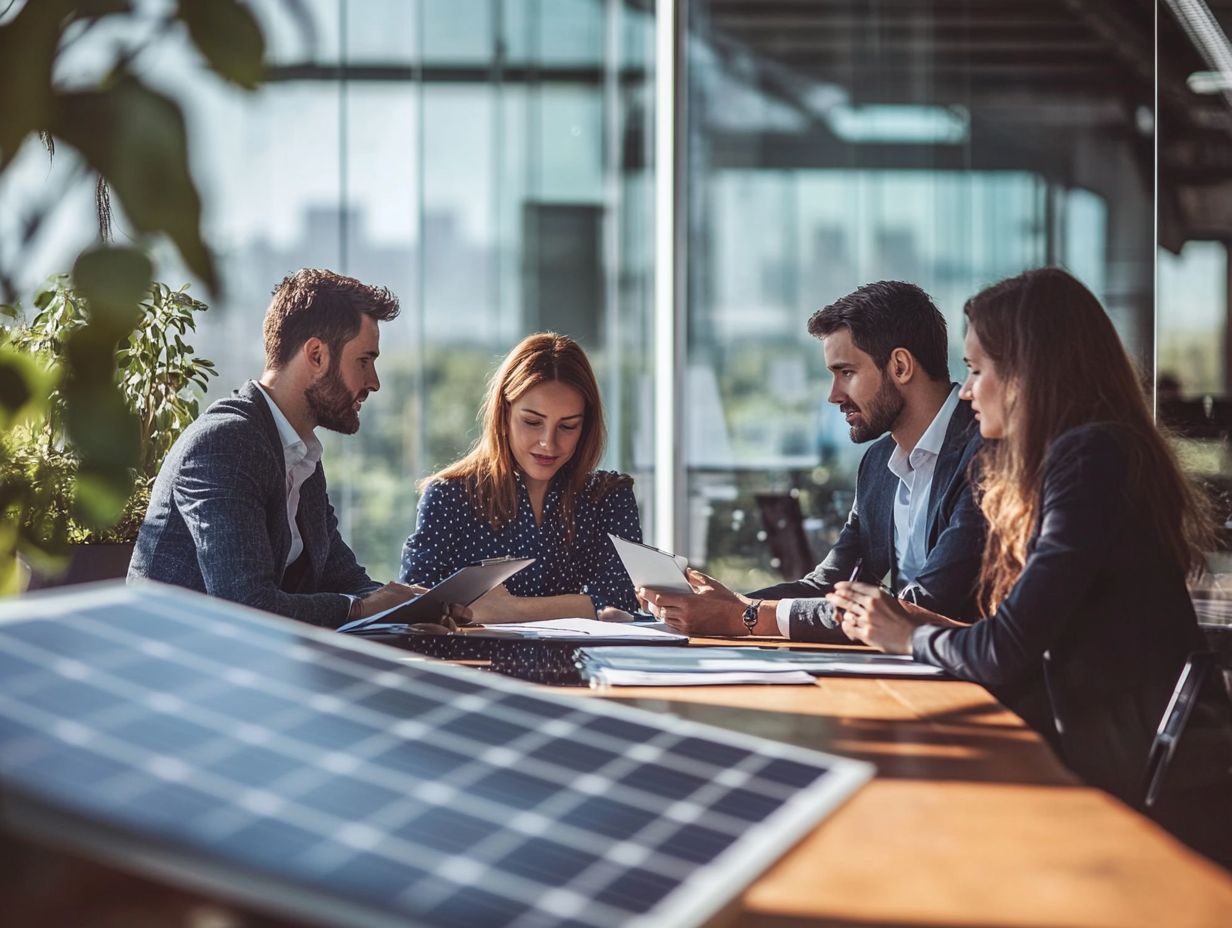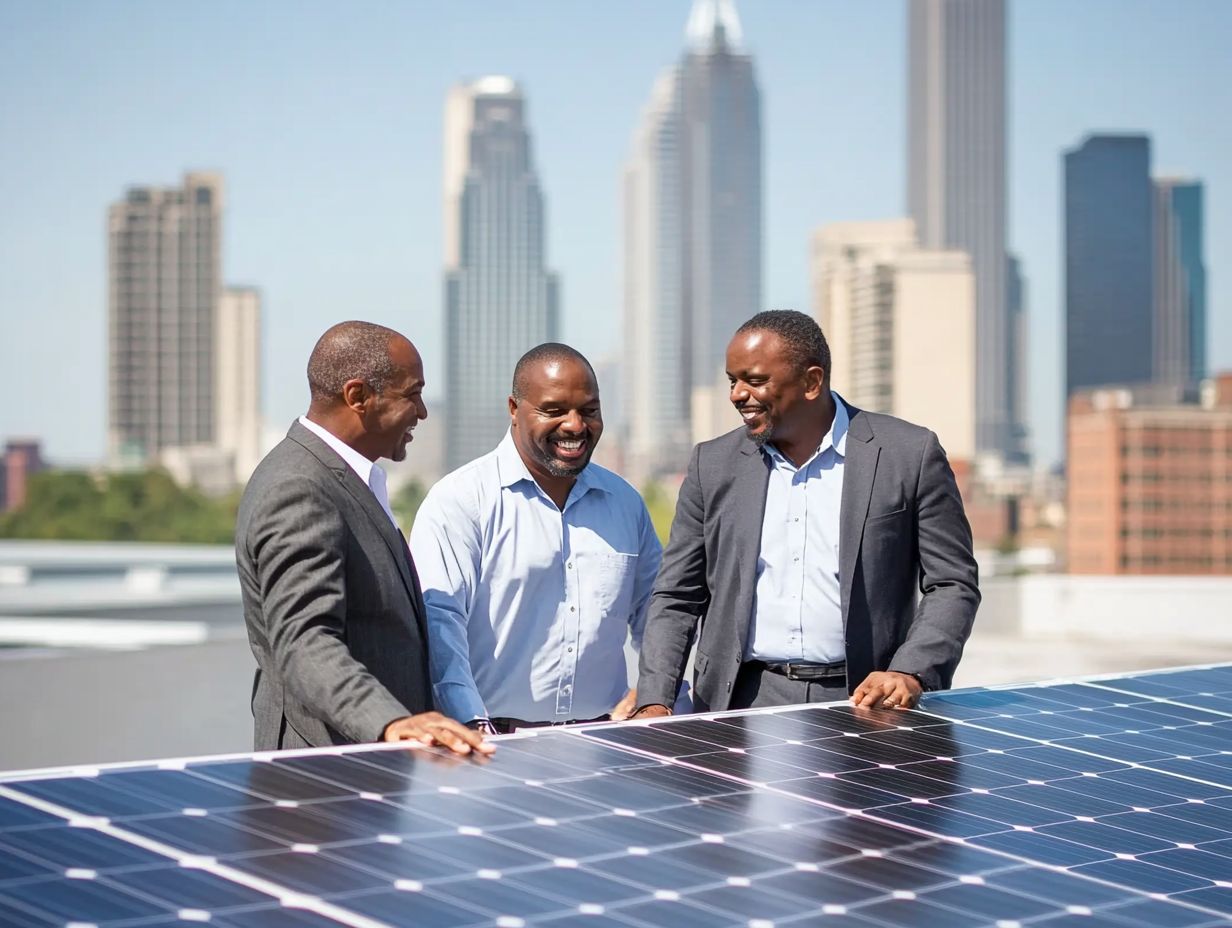Contents
- 1 Benefits of UV Solar Panels
- 2 Factors Affecting Energy Efficiency
- 3 Tips for Maximizing Energy Efficiency
- 4 Maintenance and Care for UV Solar Panels
- 5 Integrating UV Solar Panels into Your Energy System
- 6 Cost Considerations and Return on Investment
- 7 Future Developments in UV Solar Panel Technology
- 8 FAQs
When you think about solar energy, your mind might immediately jump to traditional photovoltaic (PV) panels that harness sunlight to generate electricity. However, UV solar panels represent an exciting evolution in solar technology. These panels are designed to capture ultraviolet (UV) light, which is a part of the solar spectrum that is often overlooked.
By focusing on UV light, these panels can convert energy that is typically wasted into usable electricity, thereby enhancing the overall efficiency of solar energy systems. The technology behind UV solar panels is rooted in advanced materials and innovative engineering. Unlike conventional solar panels that primarily rely on visible light, UV solar panels utilize specialized materials that are sensitive to UV radiation.
| Tip | Description |
|---|---|
| Use LED Bulbs | Switch to energy-efficient LED bulbs to reduce electricity consumption. |
| Unplug Electronics | Unplug electronics when not in use to prevent phantom energy usage. |
| Seal Air Leaks | Seal air leaks in windows and doors to prevent energy loss. |
| Programmable Thermostat | Use a programmable thermostat to regulate heating and cooling efficiently. |
| Energy Star Appliances | Invest in Energy Star certified appliances for better energy efficiency. |
To get the most out of your UV solar panels, there are several strategies you can implement. First and foremost, ensure that your panels are installed in an optimal location with maximum exposure to sunlight throughout the day. Regularly assess any potential obstructions, such as trees or buildings, that may cast shadows on your panels and limit their effectiveness.
Another effective way to enhance energy efficiency is through regular maintenance and cleaning of your UV solar panels. Dust, dirt, and debris can accumulate on the surface of the panels, obstructing sunlight and reducing their ability to generate electricity. By keeping them clean and free from obstructions, you can ensure they operate at peak performance.
Additionally, consider investing in smart energy management systems that can help you monitor and optimize your energy usage based on real-time data.
Maintenance and Care for UV Solar Panels
Proper maintenance is essential for ensuring the longevity and efficiency of your UV solar panels. Regular inspections should be part of your routine to identify any potential issues early on. Look for signs of wear or damage, such as cracks or discoloration in the panel surface.
Addressing these problems promptly can prevent more significant issues down the line. Cleaning your UV solar panels is another critical aspect of maintenance. Depending on your location, you may need to clean them more frequently if you live in a dusty area or near industrial sites.
A simple rinse with water can often suffice, but for more stubborn grime, consider using a soft brush or sponge with mild soap. Avoid harsh chemicals that could damage the panel surface. By taking these steps, you can help ensure that your UV solar panels continue to operate efficiently for many years.
Integrating UV Solar Panels into Your Energy System

Integrating UV solar panels into your existing energy system can be a seamless process if done correctly. Start by assessing your current energy needs and how much additional power you hope to generate with the new panels. This evaluation will help you determine the optimal size and number of UV solar panels required for your setup.
Once you have a clear understanding of your energy requirements, consult with a professional installer who has experience with UV technology. They can help design a system that maximizes efficiency while ensuring compatibility with your existing infrastructure. Additionally, consider how you might integrate battery storage solutions to store excess energy generated during peak sunlight hours for use during times when sunlight is limited.
Cost Considerations and Return on Investment
When considering the installation of UV solar panels, it’s essential to evaluate the associated costs and potential return on investment (ROI). The initial investment may be higher than traditional solar panels due to the advanced technology involved in UV panel production. However, the long-term savings on energy bills and potential government incentives for renewable energy installations can offset these costs over time.
To calculate your ROI accurately, consider factors such as local electricity rates, available tax credits or rebates, and the expected lifespan of the UV solar panels. Many manufacturers offer warranties that can provide peace of mind regarding performance and durability. By conducting thorough research and possibly consulting with financial advisors or energy experts, you can make an informed decision about whether investing in UV solar technology aligns with your financial goals.
Future Developments in UV Solar Panel Technology
The field of solar technology is constantly evolving, and UV solar panels are no exception. Researchers are actively exploring new materials and designs that could further enhance the efficiency and affordability of these systems. Innovations such as nanotechnology and advanced coatings may lead to even better light absorption capabilities and increased durability against environmental factors.
As you look toward the future of UV solar panel technology, keep an eye on emerging trends such as integration with smart home systems and advancements in energy storage solutions. These developments could revolutionize how you harness and utilize solar energy in your daily life. By staying informed about these advancements, you can position yourself at the forefront of renewable energy adoption and contribute to a more sustainable future for generations to come.
In conclusion, understanding UV solar panels opens up a world of possibilities for harnessing renewable energy more efficiently than ever before. With their unique ability to capture ultraviolet light, these panels offer numerous benefits that can enhance your energy independence while contributing positively to the environment. By considering factors affecting their efficiency, implementing maintenance strategies, integrating them into your existing systems, evaluating costs carefully, and keeping an eye on future developments, you can make informed decisions that align with both your energy needs and sustainability goals.
If you are interested in maximizing the output of your solar panels, you may want to check out this article on maximizing solar power output with 4 panels in series/parallel. This article provides valuable information on how to optimize the performance of your solar energy system. Additionally, if you want to avoid common mistakes when switching to solar power, you can read this article on avoiding solar switching mistakes. And for the latest innovations in solar technology, be sure to check out this article on solar tech innovations. These resources can help you make informed decisions when it comes to harnessing the power of the sun.
FAQs
What are UV solar panels?
UV solar panels are solar panels that are specifically designed to capture and convert ultraviolet (UV) light into electricity. These panels are optimized to harness the energy from UV rays, which are present in sunlight.
How do UV solar panels work?
UV solar panels work by using photovoltaic cells to convert UV light into electricity. When UV light strikes the solar panel, it excites the electrons in the photovoltaic cells, creating an electric current that can be used to power electrical devices.
Are UV solar panels different from traditional solar panels?
Yes, UV solar panels are different from traditional solar panels in that they are designed to capture and convert UV light specifically. Traditional solar panels are designed to capture a broader spectrum of light, including visible and infrared light, while UV solar panels are optimized for UV light.
What are the advantages of UV solar panels?
The advantages of UV solar panels include their ability to generate electricity even in low light conditions, such as on cloudy days or in the early morning and late afternoon when UV light is still present. This makes UV solar panels a more reliable source of solar energy in a wider range of environmental conditions.
Where can UV solar panels be used?
UV solar panels can be used in a variety of applications, including residential, commercial, and industrial settings. They can be installed on rooftops, in solar farms, and in off-grid locations where access to traditional power sources may be limited.
Do UV solar panels require maintenance?
Like traditional solar panels, UV solar panels require minimal maintenance. Regular cleaning to remove dirt and debris that may accumulate on the panels is recommended to ensure optimal performance. Additionally, periodic inspections to check for any damage or malfunctions are also important.









